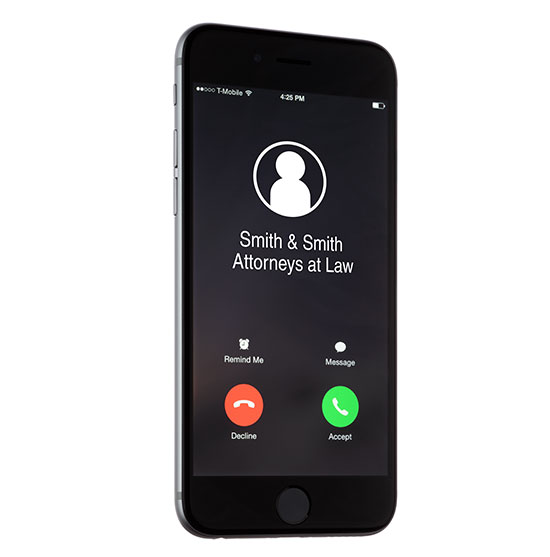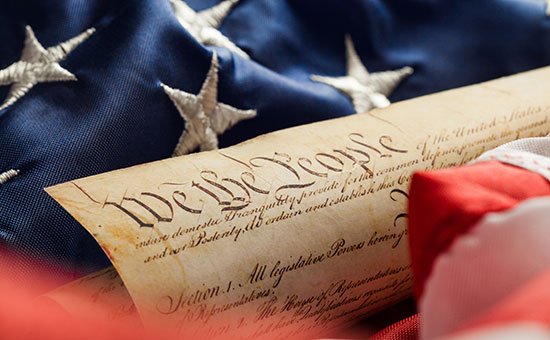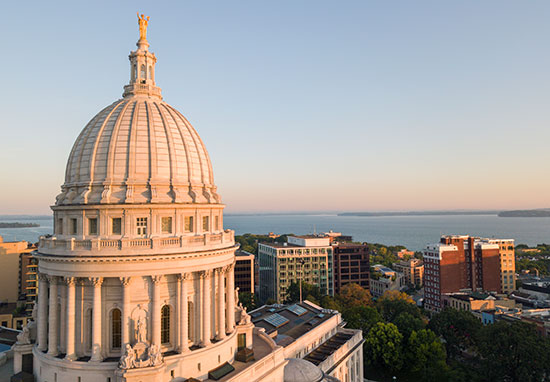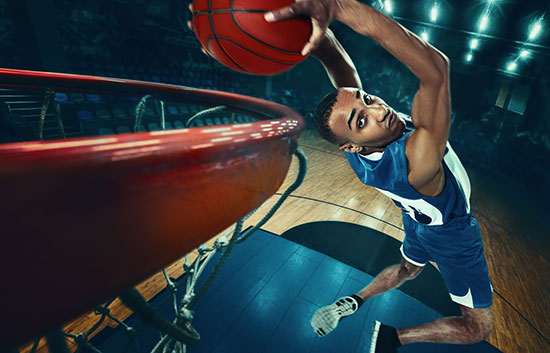Tech Tip
Caller ID Spoofing Targets Wisconsin Law Firms

In April 2019, this column advised lawyers to be on the lookout for caller ID spoofing. The Federal Communications Commission (FCC) defines spoofing as, “when a caller deliberately falsifies the information transmitted to your caller ID display to disguise their identity.”
In a recent iteration, scammers used law firm phone numbers to contact victims and demand payment for alleged outstanding debts. Fortunately, some victims recognized the fictitious collection attempts and contacted the law firms directly. Wisconsin lawyers were quick to point out that the calls did not originate from their offices and likely involved attempted scams.
While recent software improvements have helped block or identify potential scammers, there currently is no software solution that can stop someone from using a phone number for caller ID spoofing.
If your law firm is targeted for spoofing, file a complaint with the FCC and, in the case of theft, contact an appropriate law enforcement agency.
Having a plan in place to respond to victims can help efficiently resolve inquiries, protect the firm’s reputation, and limit the time invested in resolving calls.
Source: Christopher C. Shattuck, Practice Management Advisor (Practice 411™), State Bar of Wisconsin
Got a Nugget to Share?
Send your ideas for interesting facts, trends, tips, or other bits and bytes to wislawmag@wisbar.org, or comment below.
From the Archives
Observing the First Anniversary of American Independence

In a letter to his daughter, Abigail, on July 5, 1777, John Adams described the “festivity and ceremony” in Philadelphia the previous day, the first anniversary of American independence.
However, according to the Library of Congress, “observing Independence Day only became commonplace after the War of 1812.”
Congress did not declare Independence Day a federal holiday until June 28, 1870.
Over the last 151 years, the July 4 holiday often signifies the growing pains and divisions of the nation.
“From across the political spectrum, countless movements have sought to establish their significance by linking their own partisan causes to the patriotic themes of the holiday,” wrote Princeton University history professor Kevin Krause in 2017. “More often than not, though, such actions have backfired.”
“Americans sought to advance divisive issues by tapping into the day’s ceremonies and celebrations of national unity. But efforts to harness the holiday rarely ended well. Instead of bringing the nation together, they only served to illustrate just how divided it had become – or perhaps to remind us how divided it has always been.”
Source: Library of Congress; Washington Post
Out There
Lawyer Must Pay for Role in Spicy Pasta Fight

A woman sued an East Coast lawyer for negligence and battery after some of the pasta he threw at another Italian restaurant patron, with whom he was arguing, hit her in the face.
The woman alleged that the pasta’s spicy diavolo sauce dripped into her eyes and she fell and struck her head, causing injuries.
After a three-hour jury trial, the woman was awarded $102,000 in damages for her injuries, including a concussion, eye pain, and back and neck pain.
Source: ABA Journal; Connecticut Law Tribune
Good Idea
Retired Chicago Lawyer Summits Mount Everest

In May, Arthur Muir, a 75-year-old retired attorney from Chicago, successfully climbed Mount Everest in Nepal.
In doing so, he became the oldest American to scale the famed peak. The previous record was set by a 67-year-old American.
Muir, who had previously attempted the climb in 2019 but sustained an injury, didn’t begin his mountaineering career until the age of 68.
Source: Chicago Tribune
Are you an adventurous Wisconsin lawyer? Tell us about it at wislawmag@wisbar.org
On the Radar
Wisconsin Supreme Court Finishes 2020-21 Term

The Wisconsin Supreme Court released a flurry of decisions in June to end its 2020-21 term.
Look for case summaries at WisBar Court Review, a State Bar of Wisconsin blog, available through WisBar.org or on WisLawNOW.org.
Also watch for an annual Wisconsin Supreme Court wrap-up article this fall in the State Bar’s InsideTrack e-publication. The article will highlight some of the major decisions of the term, with case holdings and statistics.
Quotable
“A narrow but potentially transformative ruling.”

– NPR’s Nina Totenberg, on the U.S. Supreme Court’s decision in NCAA v. Alston, which was released in June.
In a unanimous 9-0 decision, the Court sided with college athletes who challenged NCAA rules that limit the educational benefits they can receive as part of their scholarship packages.
The Court ruled that such limitations violate antitrust laws, and the NCAA does not have immunity from antitrust laws in the name of amateurism.
Totenberg spoke with Oliver Luck, a former NCAA official, who said “the substantive decision in this case would allow a university or conference to provide benefits that cannot be capped by the NCAA as long as they are tethered to education.”
“If you’re a star gymnast and you’re 17 years old and choosing between three different schools, those schools theoretically could offer you all sorts of academically related benefits,” said Luck. “A year abroad, internships. They could pay for your law school or medical school.”
